Breaking Down a Workers Compensation Audit
Introduction to Workers’ Comp Audits
Understanding the essentials of Workers’ Compensation audits is crucial for business owners. These audits impact your understanding the insurance terms and policies is crucial for businesses accurately assessing premium rates is vital for accurate insurance costs significantly. Premium auditing jobs play a vital role in this process. Professionals in these roles ensure that the premium reflects your business’s risk levels and operations accurately.
At the end of your insurance term, an auditor will detailed review of audit reports is essential for cost-saving measures your business’s well-maintained payroll records are crucial for premium audits, classifications, and operations. This review is essential for adjusting your premium to match your actual business activities.
Around 70% of businesses experience a change in their workers’ comp premium after an audit. The average adjustment depends on the audit findings.
Key Aspects of Workers’ Compensation Audit
- Adjustment of Premium: Workers’ Comp audits adjust your premium based on your actual business operations. This moves away from the preliminary estimates set at the policy start.
- Importance of Accurate Payroll Records: Auditors examine your payroll records closely. Accurate records can lead to cost implementing cost-saving measures can lead to significant savings.
- Reassessment and Recalculation: At the policy term’s end, insurers review these records to decide if adjustments are necessary. They then recalculate the accurate reporting impacts the insurance premium adjustments.
Common Discrepancies Affecting Premium Rates
Business owners need to be aware of certain discrepancies that can significantly affect their insurance premium rates, such as:
- Underreporting payroll
- Providing inaccurate detailed job descriptions influence premium re-calibrations
- Submitting false providing accurate financial documents can influence premium adjustments, including tax returns
- Failing to report subcontractors
- Non-ensuring compliance with state laws is crucial in the audit process with state laws regarding independent contractors
Understanding these discrepancies can help avoid unfavorable adjustments.
Preparing for the Audit: Essential Steps
Preparing your business for a worker’s compensation audit is essential for preventing overpayment on insurance and ensuring regulatory compliance. Use this following a detailed workers compensation audit checklist is vital for compliance to be thorough:
-
Audit Preparation Checklist:
- Develop a workers comp inspection checklist tailored to your business needs.
- Ensure the checklist includes a thorough review of payroll records, accurate job classifications are necessary for determining premium rates, and remuneration details influence premium calculations exclusions.
-
Update Job Descriptions with an Eye on Classifying Employees
- Organize necessary documents. This includes detailing your company’s operations and job descriptions, counting employees, listing names of owners/officers, and categorizing
-
Understand Common Pitfalls:
- Misclassifying job duties can lead to widespread issues. In states like Illinois and New York, this is a recurring problem with severe implications for businesses.
- Failing to account for excluded remuneration can unnecessarily increase your premium. Properly reporting payroll is crucial.
-
Reporting Requirements:
- Promptly inform your insurer of any changes in your business, such as modifications in operations or payroll, to maintain compliance and accurate premium calculations.
-
Navigating Non-Compliance Fines:
- Non-compliance penalties, including fines and potential hiring prohibitions, vary significantly by state. For example, Mississippi may impose fines up to $1,000 per employee, per week.
-
Audit Frequency and Misclassification Data:
- While tracking misclassifications at a national level is difficult, audits typically focus on a small percentage of employers, with significant issues found in the “underground” economy.
-
Schedule Your Workers’ Comp Audit
- Schedule the audit promptly. You can choose between an on-site physical audit or a remote voluntary audit. Early planning allows for better preparation.
By addressing these areas and being proactive about compliance and classification, businesses can navigate workers’ comp audits successfully, avoiding unnecessary costs and penalties.
Impact on Businesses
A Workers’ Compensation audit can change premium rates, resulting in cost savings or increases. This variability is standard in premium recalibration based on actual operations and payroll.
These jobs entail a detailed review of a business’s payroll records and operations, ensuring businesses pay a fair amount for their Workers’ Compensation coverage, reflecting their actual risk levels and operational scope.
Preparing for the Audit: Essential Steps
Preparing your business for a worker’s compensation audit is essential for preventing overpayment on insurance and ensuring regulatory compliance. Use this following a detailed workers compensation audit checklist is vital for compliance to be thorough:
Schedule Your Workers’ Comp Audit
Schedule the audit promptly. You can choose between an on-site physical audit or a remote voluntary audit. Early planning allows for better preparation.
- Compile Your Records : Organize necessary documents. This includes detailing your company’s operations and job descriptions, counting employees, listing names of owners/officers, and categorizing subcontractor information. Well-organized documentation eases the audit process plays a crucial role in ensuring accurate premium adjustments.
- Update Job Descriptions with an Eye on Classifying Employees: Ensure job descriptions are up-to-date and accurate. Regular updates to job descriptions are important.
By streamlining audit processes, prioritizing safety, engaging in strategic partnerships, and focusing on education, businesses can effectively manage and reduce their workers’ comp insurance costs. These consolidated efforts foster a culture of safety and precision, ultimately benefiting both the employer and employees with a healthier and more secure working environment.
Reach out to Gordon Insurance to review your existing policy or talk about a new policy.
